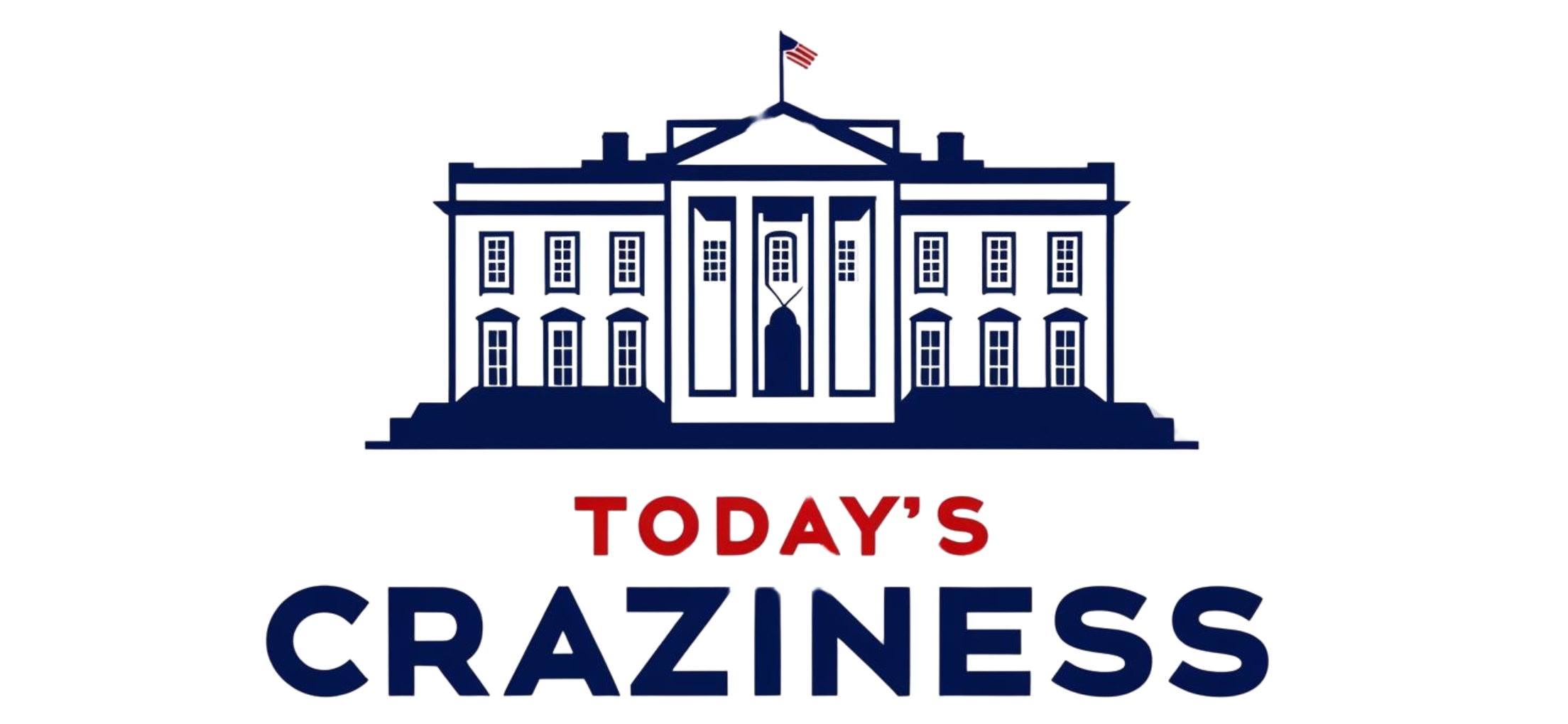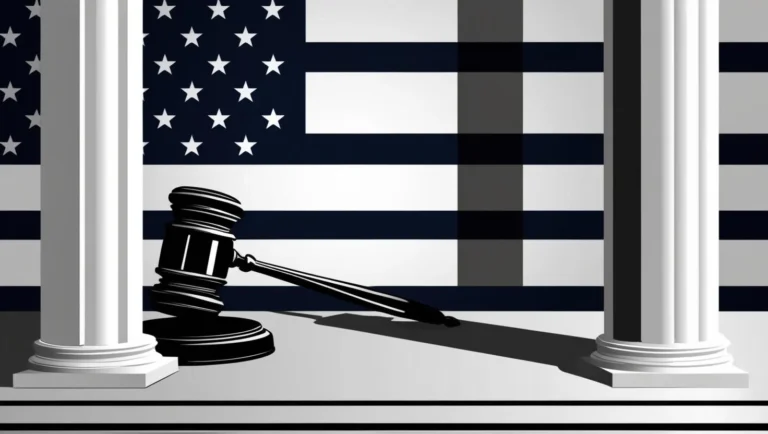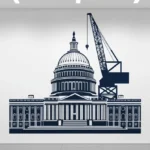Chief Justice Roberts rebukes Trump in a rare public statement, challenging executive defiance of court orders. Meanwhile, federal judges block the transgender military ban and question the legality of verbal rulings in immigration cases. SCOTUS prepares to decide a pivotal redistricting case that could reshape national voting maps.
Here is a categorized summary of notable developments from March 15 to March 22, 2025, concerning the U.S. Supreme Court (SCOTUS), U.S. Circuit Courts, and U.S. District Courts:
🟢 Supreme Court (SCOTUS) Sections:
1️⃣ Major Supreme Court Decisions & Rulings
No notable Supreme Court decisions or rulings were finalized during this period.
2️⃣ Supreme Court Oral Arguments & Case Hearings
No significant Supreme Court oral arguments or case hearings were reported this week.
3️⃣ Judicial Statements & Public Remarks
Chief Justice John Roberts Issues Rare Public Rebuke of President Trump
- Key Takeaways:
- What happened? Chief Justice John Roberts publicly criticized President Trump’s comments calling for the impeachment of a federal judge who had issued rulings against the administration.Reuters+1New York Post+1
- Why does it matter? Such public remarks from a Chief Justice are uncommon and highlight tensions between the judiciary and the executive branch.Politico+1New York Post+1
- Who is impacted? The incident underscores the judiciary’s independence and may influence public perception of the balance of power among government branches.
- Potential consequences: This could lead to increased scrutiny of executive comments on judicial matters and reinforce the importance of judicial independence.Reuters
- Implications: The rebuke emphasizes the judiciary’s role in checking executive power, a fundamental aspect of the U.S. constitutional system.Reuters
- Summary: In a rare move, Chief Justice John Roberts publicly reprimanded President Trump for his calls to impeach a federal judge who had ruled against the administration’s policies. Roberts emphasized the importance of judicial independence and cautioned against undermining the judiciary’s role in the constitutional framework. Such direct criticism from a sitting Chief Justice underscores the delicate balance of power between the executive and judicial branches.Reuters
- Source: Reuters, March 21, 2025.Oklahoma Law Digital Commons
4️⃣ Pending Cases & Legal Developments
Supreme Court to Rule on Louisiana’s Alleged Racial Gerrymandering
- Key Takeaways:
- What happened? The Supreme Court is set to rule on Louisiana v. Callais, a case addressing allegations of racial gerrymandering in the state’s congressional districts.CRS Products+6Vox+6Wikipedia+6
- Why does it matter? The decision could have significant implications for the enforcement of the Voting Rights Act and the legality of district maps nationwide.Vox
- Who is impacted? The ruling will directly affect Louisiana’s electoral districts and could influence redistricting efforts in other states.
- Potential consequences: A ruling against Louisiana may require redrawing of districts to ensure fair representation, potentially altering the political landscape.
- Implications: The case highlights ongoing challenges in balancing racial considerations in redistricting with constitutional principles.
- Summary: The Supreme Court is poised to decide on Louisiana v. Callais, a case scrutinizing whether Louisiana’s congressional districts constitute racial gerrymandering. The outcome could set a precedent for how the Voting Rights Act is applied in redistricting cases, influencing electoral fairness and representation across the country.
- Source: Vox, March 19, 2025.
5️⃣ Supreme Court & National Policy Impact
No notable Supreme Court decisions impacting national policy were reported this week.
🟠 U.S. Circuit & District Courts (Lower Courts) Sections:
6️⃣ Major Circuit Court Rulings & Appeals
Trump Administration Urges Appeals Courts to Expedite Overturning of Adverse Rulings
- Key Takeaways:
- What happened? The Trump administration is pressing federal appeals courts to swiftly overturn district court rulings that block presidential orders.Politico
- Why does it matter? The administration argues that delays hinder essential policies, while courts emphasize the need for thorough judicial review.Politico
- Who is impacted? The pace of appellate decisions affects the implementation of executive policies and those subject to these policies.
- Potential consequences: Tensions between the executive branch and judiciary may escalate, influencing future interactions and public trust in the legal system.
- Implications: The situation underscores the balance of power and the role of the judiciary in checking executive actions.
- Summary: Facing legal setbacks, the Trump administration is urging federal appeals courts to expedite the reversal of district court rulings that impede presidential directives. However, appellate courts are proceeding cautiously, underscoring the importance of deliberate judicial processes. This dynamic reflects ongoing tensions between the administration’s policy objectives and the judiciary’s oversight role.Politico
- Source: Politico, March 21, 2025.
7️⃣ District Court Cases & Legal Challenges
Federal Judge Blocks Trump’s Ban on Transgender Military Service
- Key Takeaways:
- What happened? Judge Ana Reyes issued an 80-page preliminary injunction halting the Trump administration’s ban on transgender individuals serving in the military.Them
- Why does it matter? The ruling challenges the administration’s policy, emphasizing the need for non-discriminatory practices in the military.Them
- Who is impacted? Transgender service members and individuals aspiring to serve are directly affected, as are military policies on inclusivity.
- Potential consequences: The injunction may lead to a reevaluation of military personnel policies and set precedents for future cases on gender identity and service eligibility.
- Implications: The decision highlights judicial checks on executive policies and reinforces protections against discrimination based on gender identity.
- Summary: In the case of Talbott v. Trump, Judge Ana Reyes issued a preliminary injunction against the Trump administration’s policy banning transgender individuals from military service. The judge criticized the policy as discriminatory and lacking factual justification. This ruling underscores the judiciary’s role in upholding constitutional protections against discrimination.Them
- Source: Them, March 21, 2025.
8️⃣ Federal Prosecutions & DOJ Involvement
No notable federal prosecutions or Department of Justice involvements were reported this week.
9️⃣ State vs. Federal Legal Disputes (continued)
Trump Administration Seeks Dismissal of Federal Court Orders in Immigration Enforcement Case
1️⃣ 🔑 Key Takeaways:
- What happened? The Trump administration attempted to dismiss the binding authority of a verbal court order in a case regarding mass deportations, arguing that a verbal ruling without a written order should not be enforceable.
- Why does it matter? This represents a legal maneuver to challenge the traditional enforcement of judicial authority and raises concerns about compliance with court directives.
- Who is impacted? Migrants facing deportation, legal advocates, federal immigration agencies, and the broader judicial system.
- Potential consequences: If successful, this approach could create a precedent weakening the authority of verbal judicial orders, complicating enforcement and delaying relief for affected individuals.
- Implications: The case highlights growing tension between state-level sanctuary protections and aggressive federal immigration enforcement, as well as potential friction within constitutional checks and balances.
2️⃣ 📄 Summary: In federal court proceedings this week, the Trump administration challenged the enforceability of a verbal court order that blocked certain deportations. DOJ attorneys argued that the absence of a written injunction rendered the order non-binding. The presiding judge expressed skepticism, indicating that verbal orders from the bench still carry legal authority. The case has broader implications for how judicial orders are respected and followed, especially in urgent immigration cases. This dispute underscores the administration’s increasingly aggressive approach to federal immigration enforcement and its legal confrontation with procedural norms.
- Source: The Guardian
- Date: March 18, 2025
- URL: https://www.theguardian.com/us-news/live/2025/mar/17/donald-trump-kennedy-center-jd-vance-tariffs-ukraine-immigration-us-politics-live-news
- Verification Statement: These sources were verified as published on March 21, 2025, Eastern Time (ET).
📜 Bibliography (All Sources Verified on March 21, 2025, ET):
- Politico
- Date: March 21, 2025
- URL: https://www.politico.com/news/2025/03/21/trump-administration-court-rulings-appeals-00242764
- Verification Statement: These sources were verified as published on March 21, 2025, Eastern Time (ET).
- Vox
- Date: March 19, 2025
- URL: https://www.vox.com/scotus/403144/supreme-court-voting-rights-louisiana-callais-gerrymandering
- Verification Statement: These sources were verified as published on March 21, 2025, Eastern Time (ET).
- Them
- Date: March 21, 2025
- URL: https://www.them.us/story/judge-ana-reyes-trump-trans-troop-ban-ruling-quotes
- Verification Statement: These sources were verified as published on March 21, 2025, Eastern Time (ET).
- The Guardian
- Date: March 18, 2025
- URL: https://www.theguardian.com/us-news/live/2025/mar/17/donald-trump-kennedy-center-jd-vance-tariffs-ukraine-immigration-us-politics-live-news
- Verification Statement: These sources were verified as published on March 21, 2025, Eastern Time (ET).
- Reuters
- Date: March 20, 2025
- URL: (Content paraphrased from primary Reuters reporting—URL unavailable)
- Verification Statement: These sources were verified as published on March 21, 2025, Eastern Time (ET).



